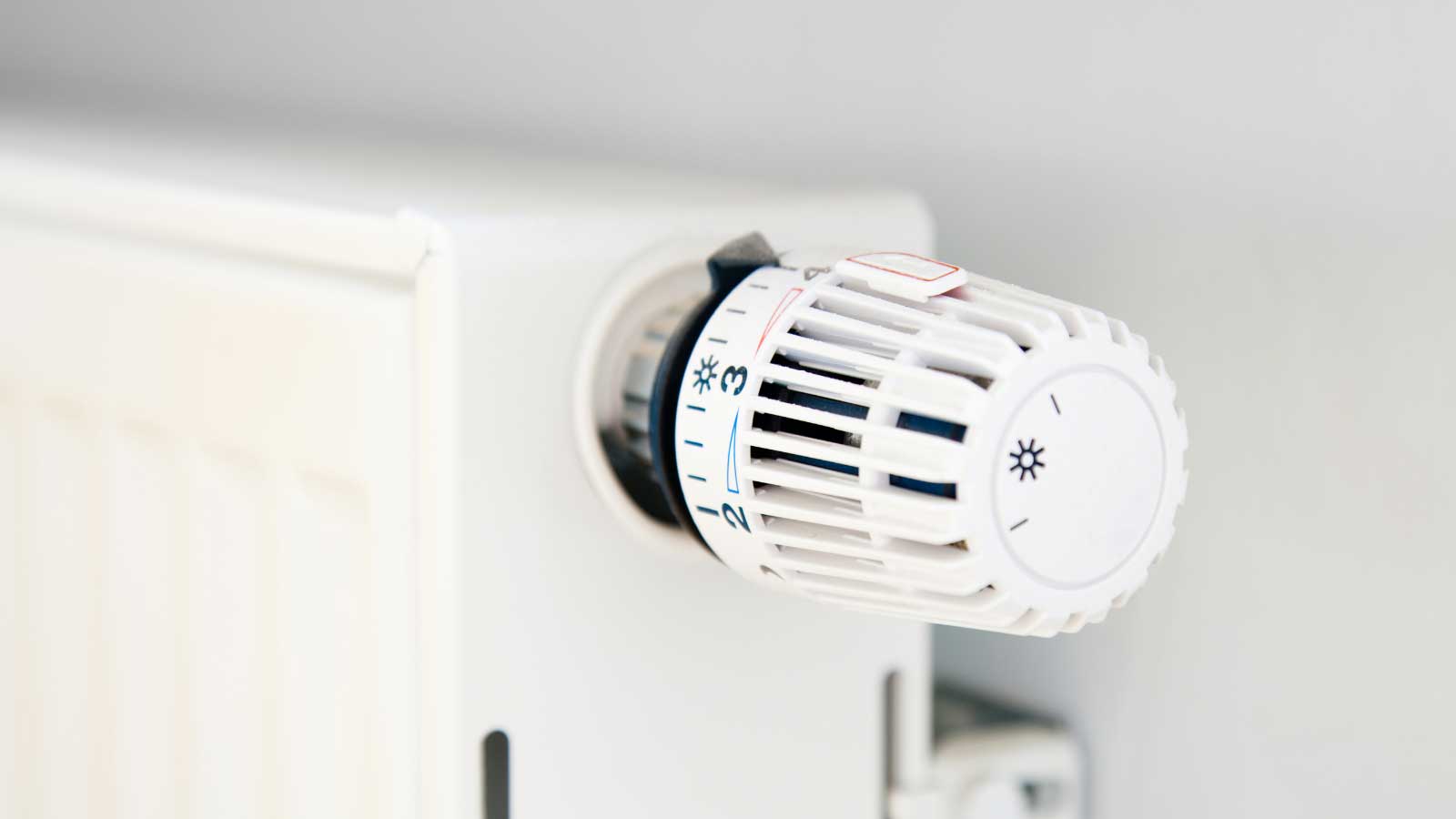The Commission has been tackling the issue of rising energy prices for the past year. Since Russia’s invasion of Ukraine and its further weaponisation of energy resources, the situation on the energy market has worsened considerably.
Despite the significant drop in Russian energy supplies – from 45% of our gas imports last year, to just 14% in September 2022 – Europe has managed to find alternative supplies and reduced its demand to compensate for the shortfall. We have also taken measures to mitigate market volatility and to help citizens and businesses by redirecting excessive energy sector revenues to them.
Thanks to the Energy Prices Toolbox, Member States have deployed many measures at the national level to ease price pressure on citizens and industry. In May, we adopted the REPowerEU Plan to end our dependence on Russian fossil fuels as soon as possible.
To ensure the security of supply for the coming winters, we have put in place new minimum gas storage obligations and a target of 15% gas demand reduction to ease the balance between supply and demand in Europe. Efforts to save energy and fill storage have so far delivered good results.
In September 2022, new measures were adopted to reduce electricity demand and use energy surpluses for the benefit of citizens and industry.
On 18 October 2022, the Commission proposed new measures on joint gas purchasing, price limiting mechanisms, and transparent infrastructure use, as well as on solidarity between Member States and demand management. This will provide further stability to the market.
Key figures
- 5% obligation to reduce electricity demand during peak price hours
- 15% gas demand reduction target
- 92% gas storage level in the EU
Read more here.





